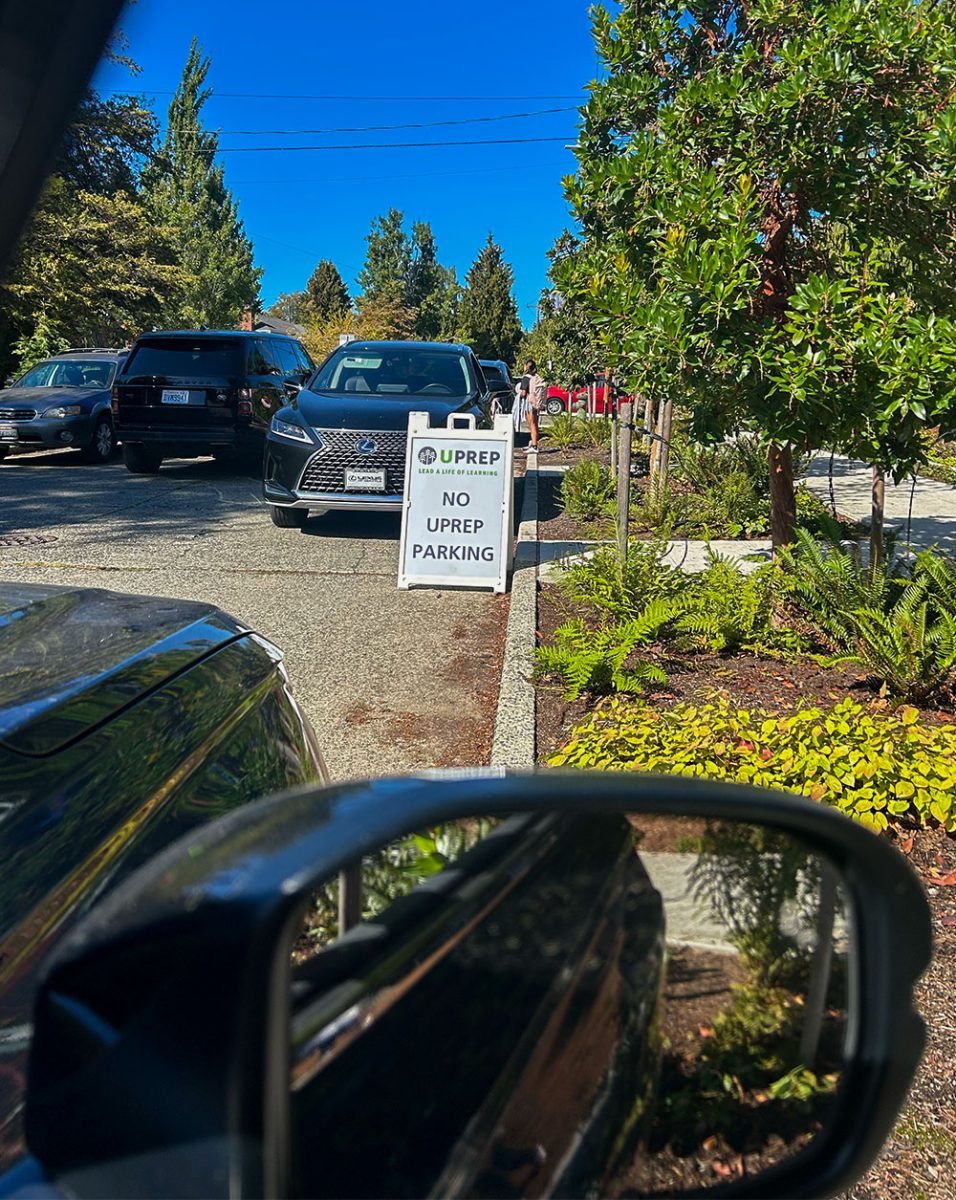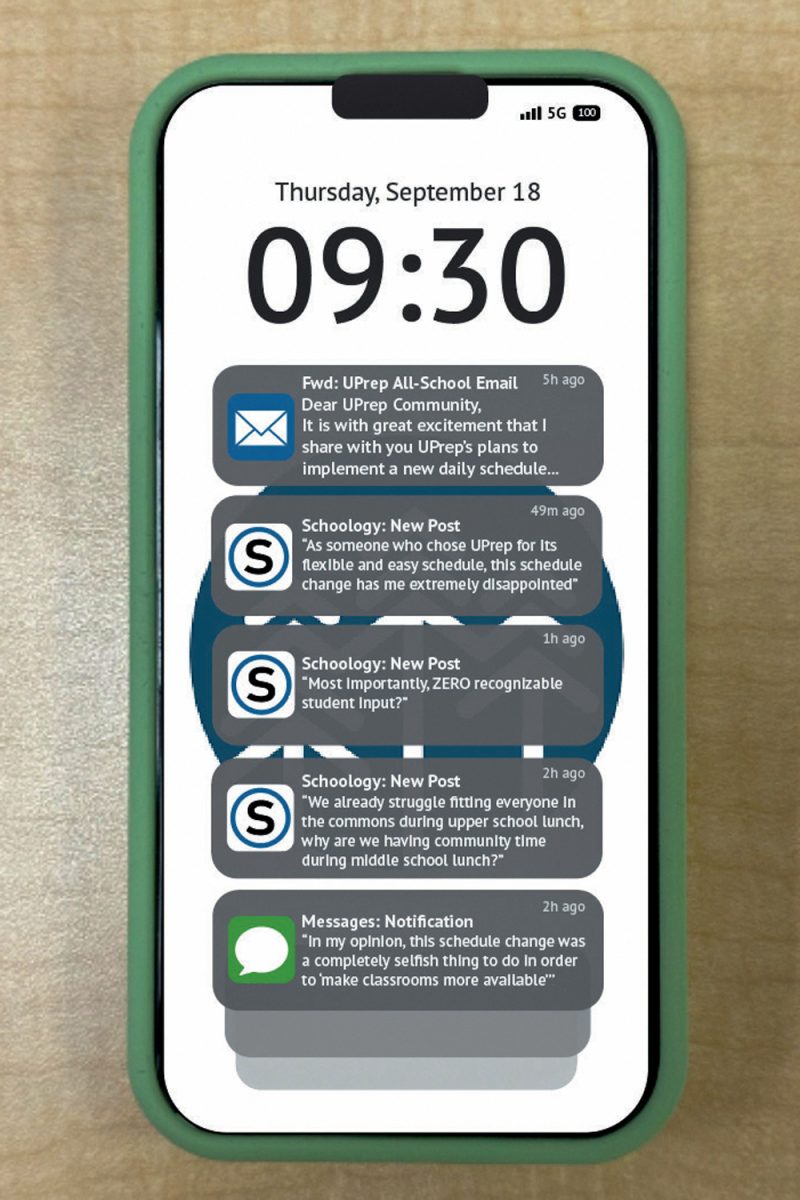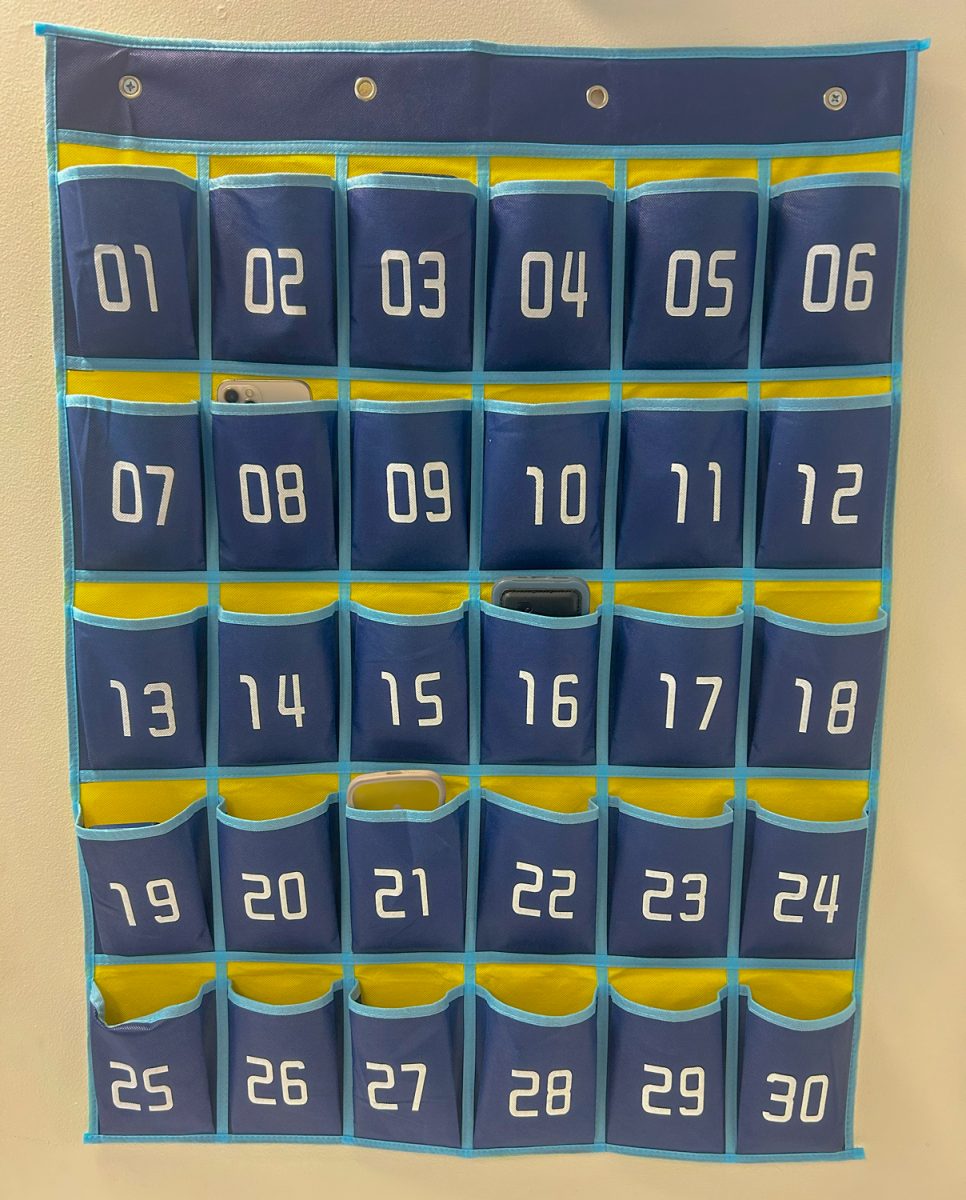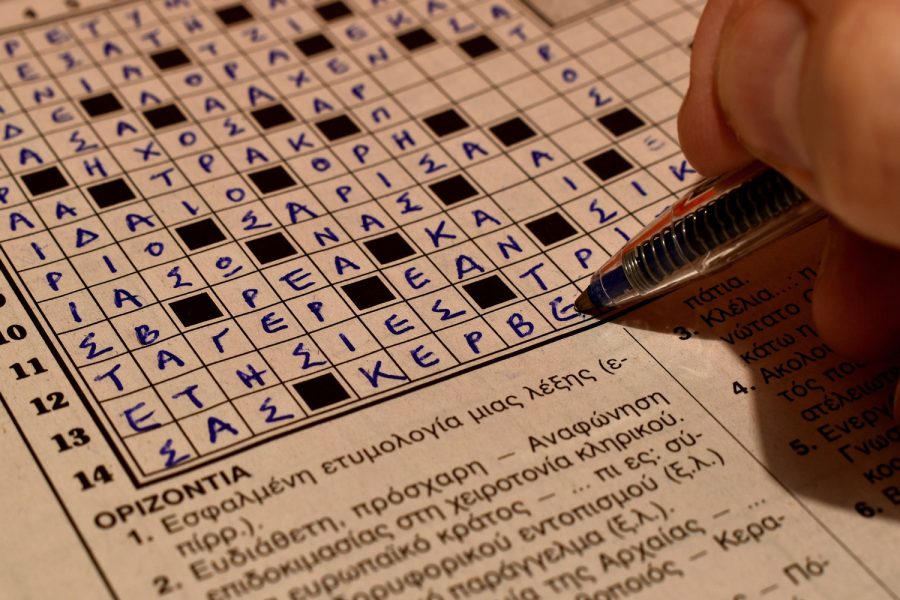The Bloody Truth
October 25, 2019
The government needs to stop taxing menstruation, period. Pun intended. In my lifetime I will spend $18,000 on feminine hygiene products and the government will tax me $1,800 on top of that.
As a girl, I cannot count the number of times I have searched through my backpack for that last pad, hid a tampon in my sleeve or hesitated to wear white jeans. Not only is getting your period painful, inconvenient and sometimes embarrassing, it is expensive.
As a school, University Prep is rare in its ability to provide free feminine hygiene products. And while a majority of UPrep students, myself included, can afford to buy these products, we must address this greater issue.

In 35 states, including Washington, tampons, pads and other feminine hygiene products are taxed as “luxury items”. Let’s unpack this: food, drinks and medications are considered necessities and not taxed. But feminine hygiene products are.
So, why are prescription drugs exempt from sales tax but tampons are not? This is a question I have asked myself, lawmakers and lobbyists for years before coming to the conclusion it is because of pure sexism. Or rather, menstruation inequity. Periods are naturally occurring and something you have no control over as a woman, transgender man or nonbinary menstruator.
And while some legislators might think toilet paper or another makeshift solution are options, they clearly have never gotten a period. The tampon tax is a reflection of male-dominated political systems and yet another reminder for women of their second class citizenship.
People in Seattle are often surprised to hear about the proximity of this tax in our city and state. According to Seattle City Council member Teresa Mosqueda, the city of Seattle gets 3.6% of the state’s 10% sales tax on feminine hygiene products.
What is even more frustrating in this battle for menstrual equity is finding out that legislation to eliminate the tampon tax at a city and statewide level have been proposed, but never passed. Last year, Mosqueda proposed an exemption that included minimal revenue loss, yet little progress was made.
The tampon tax, along with menstruation as a whole, is subject to misinformation and stigmatization. Whether you are impacted by the tampon tax directly or not, you can make an impact in ending menstrual inequality. Attend the Seattle Period Day Rally on Saturday, Oct. 19 and demand that the government stop taxing our periods.












